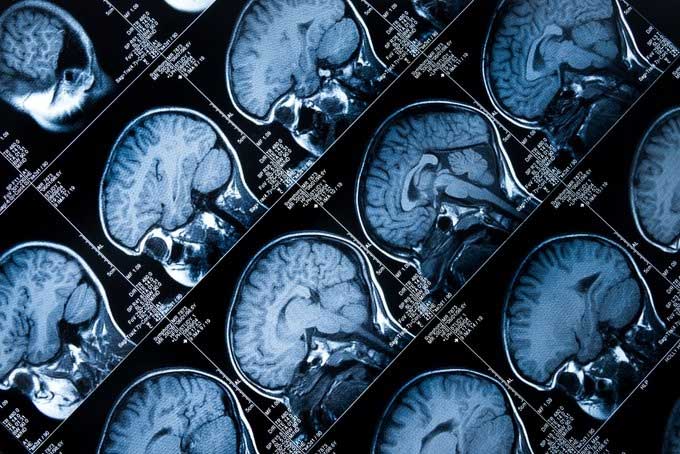Education, income, and the type of work one engages in during their youth can counteract cognitive decline as individuals reach their 50s, according to a new study.
As reported by NBC News, researchers at Ohio State University in the U.S. analyzed data from the Health and Retirement Study conducted by the University of Michigan, which has tracked over 20,000 people for more than 20 years.
In addition to information regarding income, occupation, and education of the participants, the study’s database also includes personal details such as marital history, religion, depression, cognitive ability, body mass index, activity level, smoking history, and other physical health details.

Education makes the biggest difference in cognitive abilities such as memory, judgment, and concentration. (Image: Oxford Health BRC).
Subsequently, the research team analyzed a group of 7,068 American adults aged 54 to 65.
The results showed that factors such as education, income, and the type of job explain nearly 40% of the differences in cognitive abilities that people lose once they reach their 50s.
Education—particularly whether an individual has completed college or not— makes the largest difference in cognitive abilities such as memory, judgment, and concentration.
Professor Hui Zheng, a member of the research team, noted that individuals with a college degree tend to have better cognitive function at age 50 because they are more likely to have engaged in mentally demanding jobs during their youth.
“If you have a challenging job that stimulates your mind, you are fortunate because you are always using your brain. This is better for cognition,” Professor Zheng stated.
However, the research team pointed out that going to college is not the only way to prevent cognitive decline in old age. Previous studies have shown that learning a new language, painting, and writing can also stimulate the brain and have protective effects on cognition.
Additionally, while researchers analyzed numerous factors influencing brain health as people age, this new study did not address the impact of genetics—a factor that may play a significant role in cognitive function.
Supporting the research, Dr. Thomas Wisniewski, a neurologist and Director of the Langone Center at New York University, mentioned that previous studies have shown a correlation between educational attainment, wealth, and access to healthcare services with brain resilience.
Aside from genetics, the recent study found that the factors individuals can control to combat cognitive decline are encouraging news.
Dr. Wisniewski added that alongside brain-stimulating activities, lifestyle factors (maintaining a healthy weight, avoiding smoking, and exercising regularly) also positively impact the rate of cognitive decline after the age of 54.
He cited the example of two patients diagnosed with mild cognitive impairment who showed signs of developing Alzheimer’s disease. When these two patients retired or reduced their working hours, they had more time for physical activity.
Ultimately, after 15 and 18 years respectively, neither patient showed signs of cognitive decline, and one even demonstrated improvement.


















































